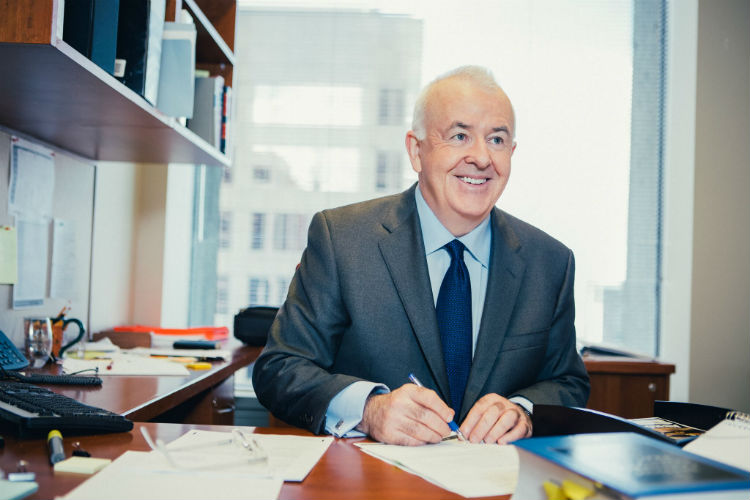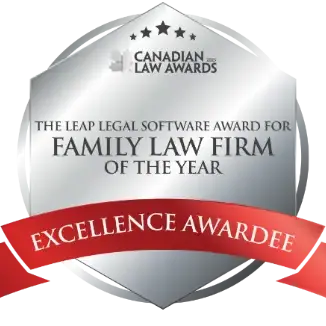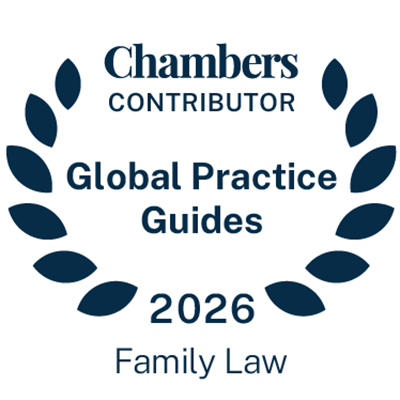
MacLean Law’s COVID-19 Coronavirus Seniors Care Lawyers have been receiving a tremendous number of calls from concerned children of parents who reside in seniors care facilities regarding whether an elderly parent should remain in a Seniors Care Facility. Our COVID-19 Coronavirus Seniors Care Lawyers urge children to work together to protect their parents during challenging times.
COVID-19 Coronavirus Seniors Care Lawyers 1 877 602 9900
With the advent of the Coronavirus and COVID-19 flu and the resulting illness in seniors care facilities, MacLean Law’s experienced elder abuse lawyers have also seen an increase in disputes between children regarding whether elderly parents should stay in their seniors care facility or go to live with one of the children. An article in the Globe and Mail raised the issue of removing elderly parents from Senior Care Facilities and Dr. Samir Sinha, Canada’s foremost geriatrics expert, is blunt:
“If my mom was in long-term care, I would pull her out. Now.” The rapid spread of coronavirus in seniors’ residences is “very, very bad news” and, unless the response changes dramatically, families should seriously consider bringing their loved ones to relative safety.”
The British Columbia government released a list of illnesses in the Seniors Care Homes on April 1, 2020. Children have begun pulling parents out of Senior Care Homes says a recent Globe and Mail article.
MacLean Law’s COVID-19 Coronavirus Seniors Care Lawyers are well experienced in the areas of family violence and elder abuse and understand the broad set of complex issues that arise when there are disputes as to what is in the best interests of a parent. In today’s blog, Nick Davies, head of our experienced COVID-19 Coronavirus Seniors Care Lawyers explains the options available to protect elderly parents.
Preventing Family Violence 1 877 602 9900
Disputes regarding decisions made by or on behalf of elderly parents often become heated and emotional and sometimes rise to the point of actual physical violence or psychological abuse. For example, one child may believe that their elderly parent should stay in their seniors care facility. Another child may believe the care facility is unsafe during the COVID-19 pandemic, remove the elderly parent from the care facility and take them to the child’s residence. An attempt might then be made to physically force the elderly parent back to the senior care facility. The coercion may not be physical. The elderly parent may be intimidated, harassed or threatened. The elderly parent may be confined, or they may be denied access to their own money or, even worse, their medicine.
COVID-19 Coronavirus Seniors Care Lawyers explain that all of the conduct described above, much of which goes beyond simple assault, may well be “family violence”. An application may be made under Section 183 of the Family Law Act for orders that will ensure the family member is protected. Usually, such orders are made to protect spouses from assault or to protect children. MacLean Law’s COVID-19 Coronavirus Seniors Care Lawyers know that Section 183 of the Family Law Act allows the Court to not only make orders that will protect spouses but also orders that will protect elderly parents from any conduct which amounts to family violence.
Call Our COVID-19 Coronavirus Seniors Care Lawyers 1 877 602 9900
An application for orders to protect the elderly parent can be made by the parent, by a child or by any other person on behalf of the parent. If the Court believes family violence is likely to occur in the dispute regarding where a parent should live, the Court can make the following sorts of orders:
- An order stopping a child from directly or indirectly communicating with the elderly parent or the other siblings involved;
- An order stopping the child from going to the place where the elderly parent lives;
- An order stopping the child from following the elderly parent;
- An order containing any terms or conditions necessary to protect the safety and security of the elderly parent;
- Directions to the police to remove an interfering child or to accompany the elderly parent.
It is important to note that these provisions of the Family Law Act are available to both sides of the dispute. A party believing the elderly parents should be returned to the seniors care facility may apply to the Court for protection of the elderly parent under s. 183 of the Family Law Act, as may the child who believes the seniors care facility poses a threat to the health and well-being of the elderly parent.
Parens Patriae Jurisdiction
COVID-19 Coronavirus Seniors Care Lawyers explain that the application of Section 183 of the Family Law Act is limited to “family members”. The definition is quite restrictive. For example, Section 183 does not give the Court the power to protect an elderly person from harm perpetrated by a grandchild. It may be that something needs to be done to protect an elderly parent which is not something Section 183 of the Family Law Act authorizes. Perhaps specific medicine needs to be given to the parent and one or more children are resisting. MacLean Law’s lawyers know that in addition to the specific powers given to the Court by Section 183 of the Family Law Act, the Court has a general jurisdiction to make orders which protect vulnerable people, including the elderly. This jurisdiction is described as the Court’s parens patriae jurisdiction.
In Eve, Re, [1986] 2 S.C.R. 388, 31 D.L.R. (4th) 1 (S.C.C.) the Supreme Court of Canada described the parens patriae jurisdiction as follows:
From the earliest time, the sovereign, as parens patriae, was vested with the care of the mentally incompetent. This right and duty … is founded on the obvious necessity that the law should place somewhere the care of persons who are not able to take care of themselves.
The courts have frequently stated that it is to be exercised in the “best interest” of the protected person, or again, for his or her “benefit” or “welfare”.
The situations under which it can be exercised are legion … [The] authorities are not consistent and there are many twists and turns, but they have inexorably “moved toward a broader discretion, under the impact of changing social conditions and the weight of opinion ….” In other words, the categories under which the jurisdiction can be exercised are never closed …
What is more … a court may act not only on the ground that injury to person or property has occurred, but also on the ground that such injury is apprehended. I might add that the jurisdiction is a carefully guarded one. The courts will not readily assume that it has been removed by legislation where necessity arises to protect a person who cannot protect himself.
Thus, the Court’s ability to interfere to protect an elderly parent is not limited to the Court’s power under Section 183 of the Family Law Act. If an elderly person is being harmed, or even possibly being harmed, the Court may exercise it’s parens patriae jurisdiction to make the orders necessary to protect the parent.
Power of Attorney or Representation Agreement
With the advent of COVID-19 MacLean Law’s lawyers have seen cases where a child attempted to force a parent to stay in a seniors care facility against their will by using a power of attorney or a representation agreement to direct staff to keep the parent in the facility. Those documents give the person holding the document the ability to make decisions on behalf of the elderly parent. However, neither a power of attorney nor a representation agreement gives the holder the right to overrule the parent’s decision to stay in the seniors care facility or leave it.
Appointment of Committee
If an elderly parent is incapable of making decisions such as whether they will live at home or in a seniors care facility, the situation becomes difficult if the children cannot agree as to where the parent should live. If that happens, the best course of action is for one of the children to apply to Court to be appointed as the parents “committee” (pronounced commi-tay). The committee is responsible for making decisions on behalf of the elderly parent. Those decisions are often very personal, involving the parent’s health, finances, and living arrangements. For that reason, the person appointed as the committee should be a close family member or friend.
Unlike the power of attorney or the representation agreement, the appointment of a committee gives the power to override an elderly parent’s decisions. However, the committee has a duty to manage the financial and other affairs of the elderly parent in a manner that is in the best interests of the parent.
Vancouver Elder Abuse Lawyers -In Summary
If an elderly parent is capable of managing their affairs, they are entitled to decide as to whether to remain in a seniors care facility or leave it. That is so even if the parent has given a power of attorney or a representation agreement to a child who disagrees with that decision because the parent is capable of making decisions and is entitled to do so.
Where a parent is incapable of making decisions if there is a dispute between children as to whether the parent should leave the seniors care facility or remain in it, one or more children should apply to be appointed as the committee of the parent. MacLean Law’s elder abuse lawyers will be glad to advise on whether an application should be made under Section 183 of the Family Law Act, under the Court’s parens patriae jurisdiction or for the appointment of a committee.











